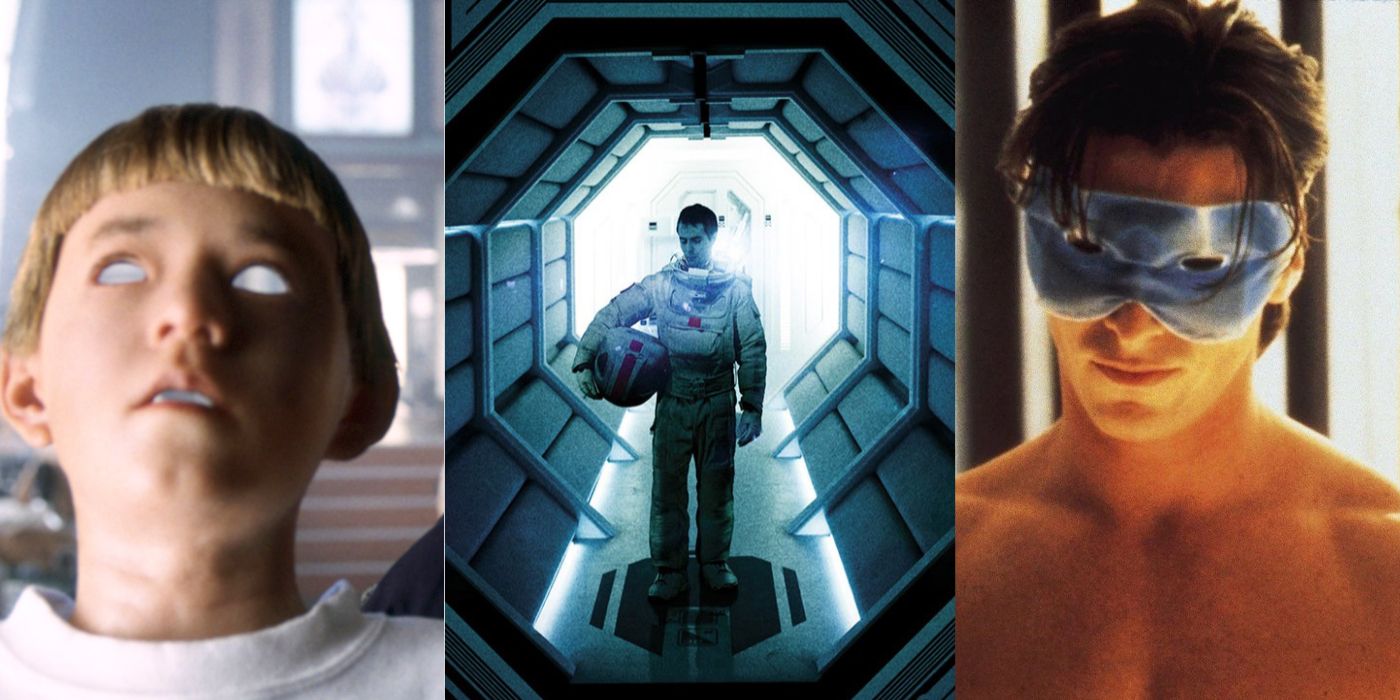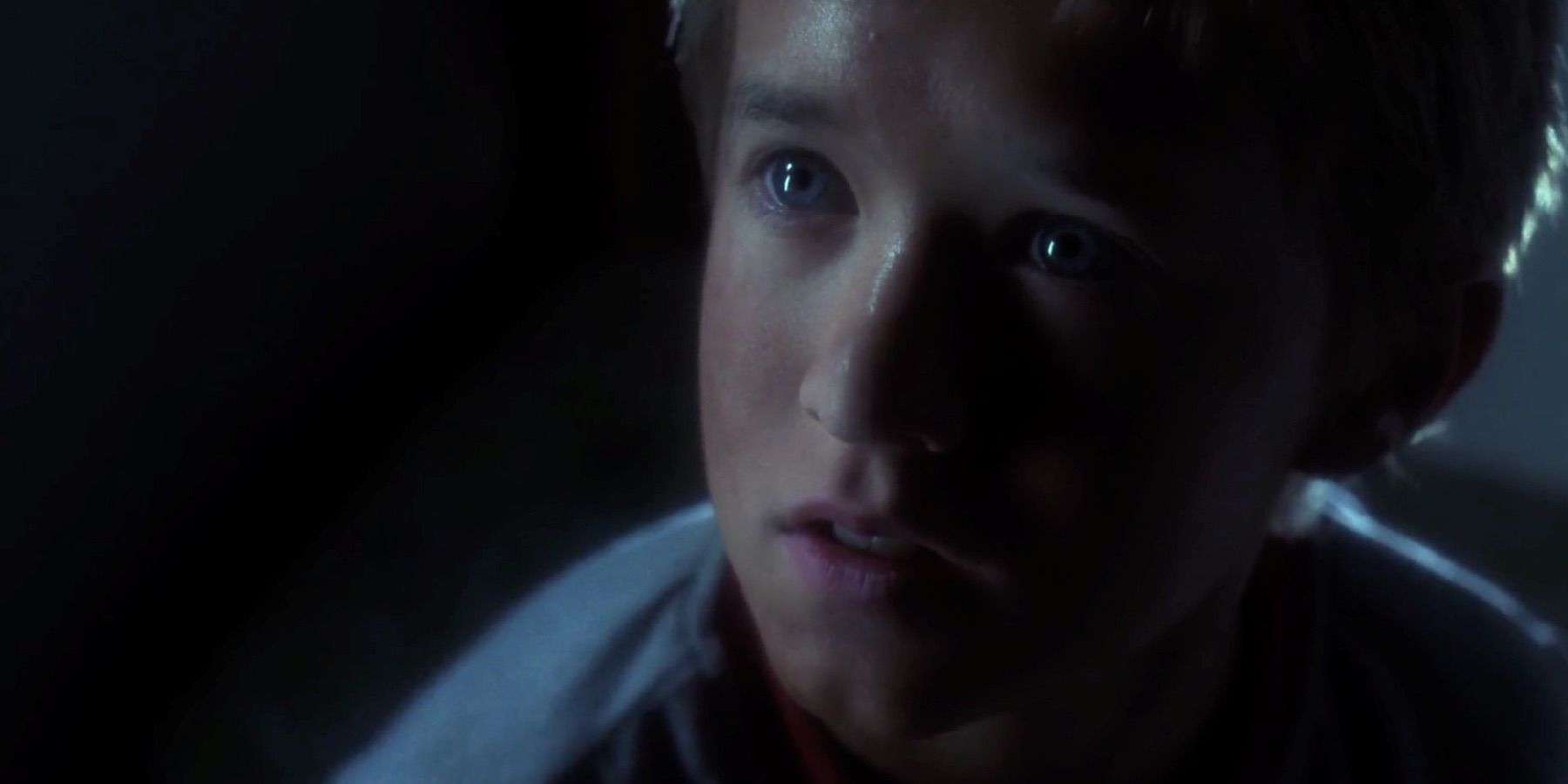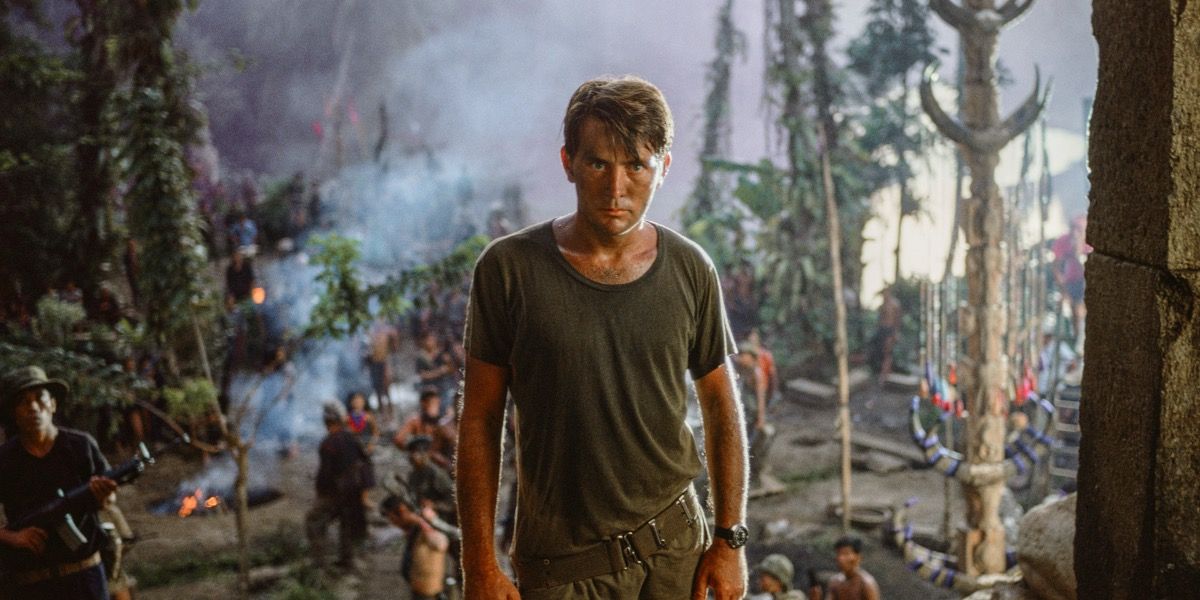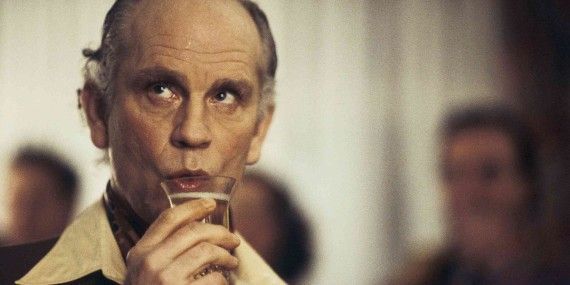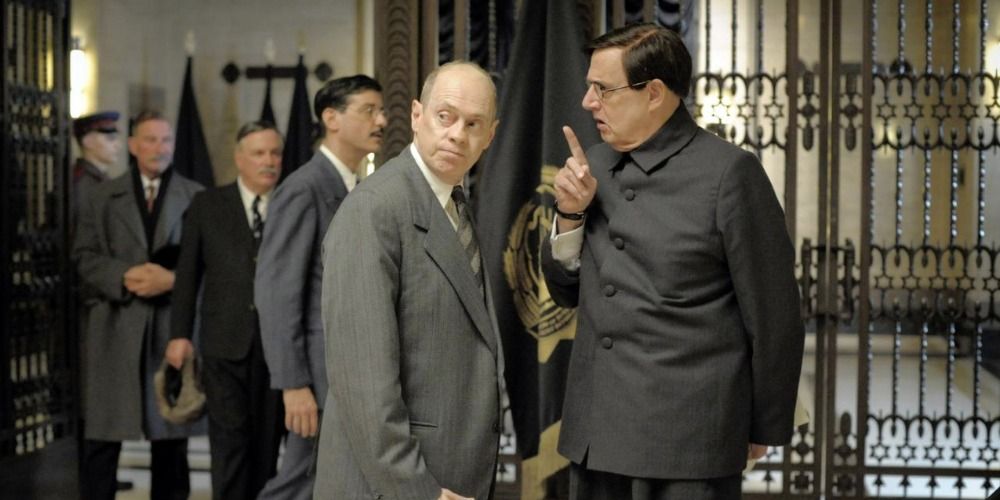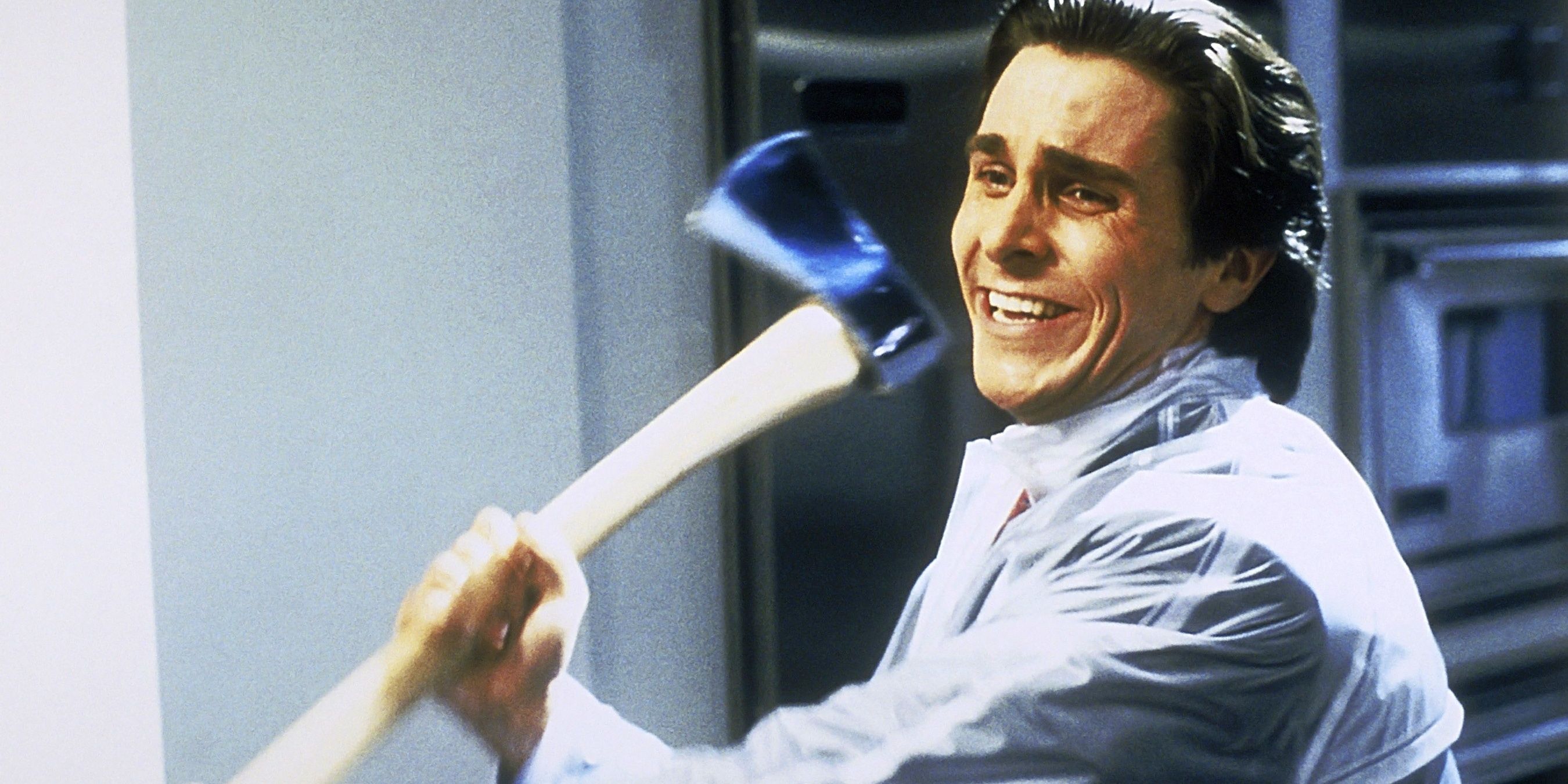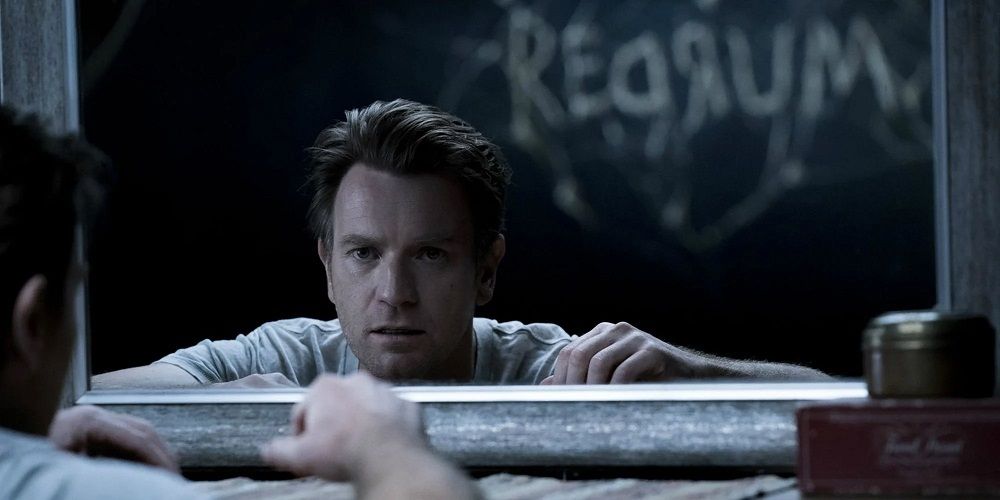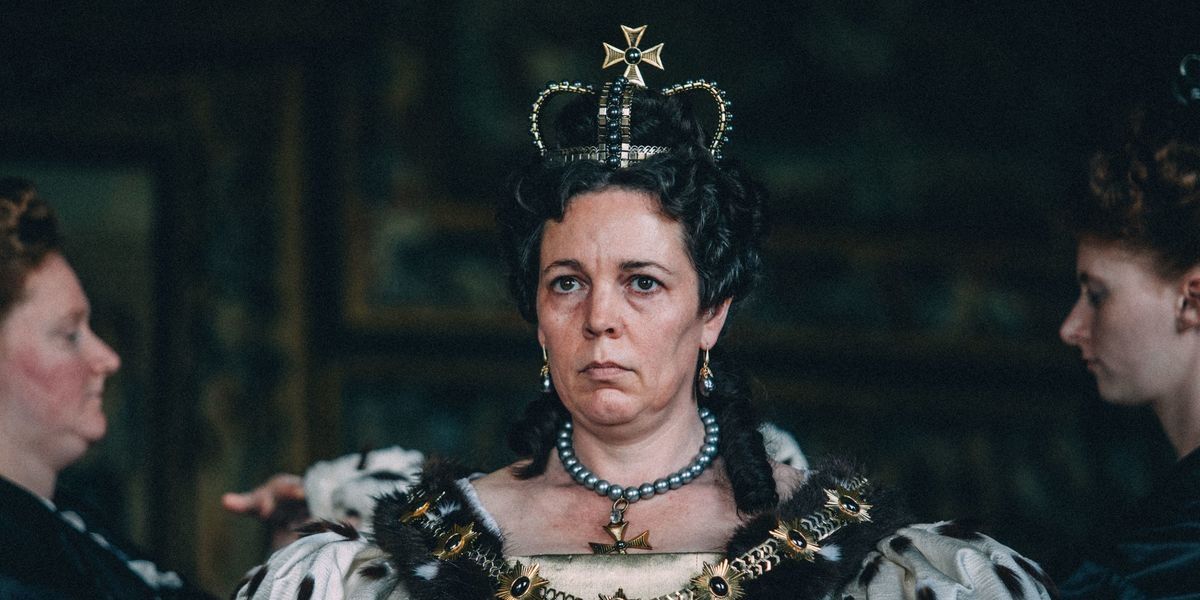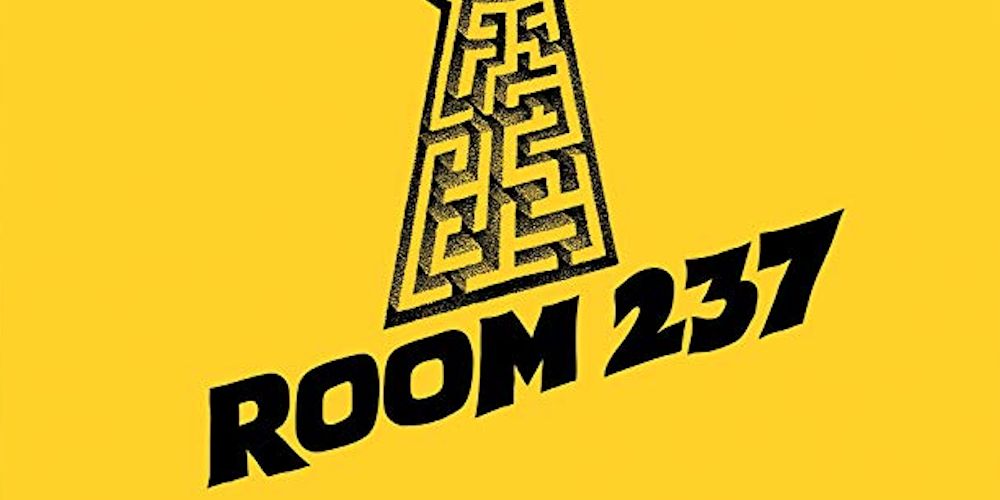Despite his eccentricities, Stanley Kubrick is still regarded as one of the greatest filmmakers and screenwriters in 20th-century cinema. One notable aspect of his filmography is that despite a few recurring themes and elements, Kubrick’s films have been vastly different from one another.
He didn’t carve a particular niche as he tried his hand at every genre there is, ranging from war drama (Full Metal Jacket) to satire (Dr. Strangelove) to erotic thriller (Eyes Wide Shut) to psychological horror (The Shining) and even science-fiction (2001: A Space Odyssey). Hence, it’s not surprising to find several films of such genres spawning from Kubrick’s vision.
A.I. Artificial Intelligence (2001) - Amazon Prime Video
Steven Spielberg has never shied away from his love for Kubrick and the inspiration seems evident from the fact that the auteur has himself dabbled in all sorts of genres in his long career. The sci-fi drama A.I. Artificial Intelligence was an unrealized project of Kubrick’s after he had acquired a short story by sci-fi veteran Brian Aldiss.
Spielberg’s treatment to the same is bound to amuse aficionados of introspective sci-fi like 2001 and the works of Isaac Asimov. Haley Joel Osment delivers one of his best performances as David, a young robot who wishes to love and become human in this process.
Apocalypse Now: Redux (2001) - Pluto TV
Apocalypse Now has received several extended cuts over the years, with Redux having two new scenes that add to the philosophical cynicism of Francis Ford Coppola’s classic. Released in the same decade as Full Metal Jacket, the adaptation of Heart of Darkness is an atmospheric look at the horrors of the Vietnam War and its aftermath.
Unlike other Vietnam-era films, Apocalypse Now didn’t deal with troops of soldiers fighting their Vietnamese adversaries. Rather, it focuses on a military assassin tasked with finishing off a rogue Colonel. The mission however turns into a dark journey of self-introspection from the protagonist yielding an anti-war narrative that continues to hold relevance to this day.
Moon (2009) - Fandor
Fans of 2001: A Space Odyssey would have already watched and re-watched modern space dramas like Interstellar and Ad Astra. Duncan Jones's debut feature Moon might be slightly under-watched in this regard. Starring Sam Rockwell, Moon explores isolation and existentialism from the perspective of an astronaut stationed at the titular heavenly body.
Even though he kills time in his loneliness with an AI-driven robot, he soon discovers that he might not be alone. The cryptic plot and Rockwell’s committed performance make Moon worth a watch while the minimalistic production design clearly seems to bear influences from 2001.
Color Me Kubrick (2005) - Amazon Prime Video
During Kubrick’s final years, an impersonator named Alan Conway conned people exacting financial and sexual favors from them under the pretext of offering them a role in his next films. This bizarre true story is dramatized in Color Me Kubrick that finds John Malkovich unleashing his comedic potential in the lead role.
What makes the film more authentic and heartfelt is that it is directed by Brian W. Cook who once served as Kubrick’s assistant director. The film has several references to the director’s films, featuring musical tributes to The Shining and A Clockwork Orange.
Gladiator (2000) - Syfy
Spartacus might be one of Kubrick's weakest films and even though Kirk Douglas makes for a charismatic lead, the historical inaccuracies and formulaic genre elements might not amuse present-day audiences. However, such yesteryear historical epics did eventually contribute to the making of a modern classic like Gladiator.
Again, Ridley Scott's Academy Award-winning picture is riddled with familiar revenge tropes and melodramatic speeches. At the same time, Scott's direction and an ensemble cast led by Russel Crowe's Maximus does subvert the genre on its own terms, making for a film that's entertaining and yet artistic.
The Death Of Stalin (2017) - Netflix
Based on the graphic novel of the same name, The Death of Stalin reimagines the demise of the dictator and how the Soviet leaders clash against each other to inherit his powers. Even though this was a turbulent period in Russian history, the political comedy film relies on deadpan humor and political satire to tell this story.
Featuring acting stalwarts like Steve Buscemi and Jason Isaacs, Death of Stalin makes for one of those quintessential satires that incorporate over-the-top situations to convey bitter truths. At the other end of the spectrum lies Kubrick's Dr. Strangelove that analyzed Cold War tensions from the American perspective.
American Psycho (2000) - Pluto TV
A Clockwork Orange might have impacted pop culture but it continues to terrorize people. After all, even legendary critics like Roger Ebert despised it. A similarly hyperviolent dark comedy with as much shock value can be Mary Harron's American Psycho.
Christian Bale as Patrick Bateman does captures the homicidal rage of Malcolm McDowell's Alex although with a lot of charm. On the surface, he looks like the ideal human with the perfect life. Then, by night he turns into an unhinged slasher. Rather than just sticking to the graphic horror, the film also plays around its protagonist's psyche, eventually serving as a disturbingly amusing character study.
Doctor Sleep (2019) - Max Go
While The Shining revolutionized horror, some viewers might find it slow-paced. Author Stephen King, for one, wasn't an avid fan either. But decades later, with the sequel titled Doctor Sleep, writer-director Mike Flanagan managed to win over fans of the original as well as hardliners like King himself.
Ewan McGregor stars as an adult Danny Torrance who confronts his traumatic childhood while protecting a child who seems to have the same powers as him. Even though Doctor Sleep flopped at the box office, it still serves as a worthy sequel that bears originality while retaining iconic settings and the sense of slow-burning dread from its precursor.
The Favourite (2019) - Amazon Prime Video (Rent)
Yorgos Lanthimos’ black comedy The Favourite reverses gender roles in showing 18th-century Britain from the viewpoints of three powerful women. This can be contrasted with period dramas that either focused on male aristocrats or patronized women in the upper echelons of society. The Favourite uses witty dialogues and the performances of Olivia Colman, Rachel Weisz, and Emma Stone, to explore a story rooted in ambition and lust.
Colman stars as a paranoid Queen while the latter two play cousins who vie for the monarch’s attention. One might get a hint of period epics like Barry Lyndon in its exploration of upper-class behavior, and changing socio-political relations of Britain.
Room 237 (2012) - DirecTV
Room 237, named after the ominous hotel room in The Shining, explores five different interpretations of the cult horror flick. Interviews, voice-overs, and even animation are relied upon to closely analyze the multiple possibilities of the psychological thriller (that as hinted before, massively deviated from Stephen King’s original novel).
From classic theories like the mention of Kubrick shooting moon landings to more specific ones, Room 237 bears testimony to the fact that Kubrick’s classics are worthy of multiple reinterpretations over time.

